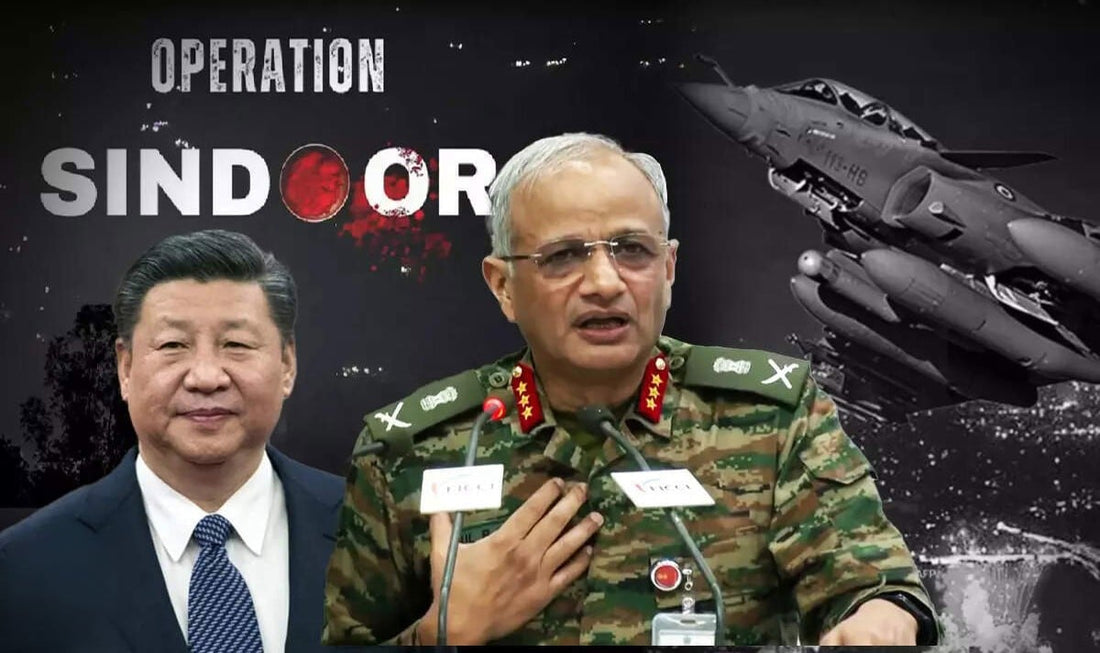China Minimizes Involvement Claims in Operation Sindoor Amidst 'Live Lab' Accusations by India

In response to recent remarks by Lt Gen Rahul R Singh regarding China's involvement in the India-Pakistan conflict, Beijing has downplayed its role, asserting that its defense relations with Pakistan do not target any other country.
This statement follows accusations that China provided real-time intelligence and operational support to Pakistan during Operation Sindoor in May 2025. The Indian military operation aimed at dismantling terror infrastructure in Pakistan, and reports suggest that China's satellite, cyber, and air defense capabilities were actively utilized by Islamabad.
Speaking on the matter, Chinese Foreign Ministry spokesperson Mao Ning remarked that she was not well-versed with the specifics of the allegations. She emphasized China's dedication to peace in the region, expressing support for India and Pakistan to resolve issues through dialogue. Mao also assured that the China-Pakistan relationship is not intended to undermine other nations.
However, from India's perspective, there is a notable change in Chinese conduct. Lt Gen Singh mentioned that Pakistan employed Beijing’s surveillance satellites, fighter jets equipped with PL-15 missiles, and Chinese-supplied HQ-9 air defense systems. Additionally, Chinese civilian vessels tracked Indian naval activities, and BeiDou satellites allegedly aided Pakistani drones and missile systems.
India perceives this as the dissolution of the traditional two-front conflict model, viewing the China-Pakistan threat as a "one-front reinforced challenge," necessitating readiness along both its western and northern borders. The strategic coordination reportedly extends to Türkiye, which offered military support to Pakistan during the conflict.
Diplomatic analysts observe that despite China’s official calls for peace, its actions both on the ground and at the United Nations tell a different story. Beijing was slow to condemn the April 22 Pahalgam terror attack and reportedly influenced the wording of the UN Security Council’s statement on the assault.
Operation Sindoor served as a testing ground for Chinese military technology against Western-origin systems used by India, providing China with critical data. Experts argue that this event was not merely a demonstration of weapons, but an example of indirect involvement in modern warfare.
China’s stance has raised new concerns about the future of Sino-Indian relations. While Mao Ning assured that ties with India are at a "crucial stage of improvement," analysts contend that trust has further diminished.
In response, India is reevaluating its strategic strategies. Experts recommend broadening its approach beyond military responses to include economic and diplomatic pressures. Discussions are underway about revisiting water-sharing agreements and targeting supply chains as part of a broader strategy to deter future coordinated threats.
While Operation Sindoor may be receding from headlines, India's defense leaders caution that it was only a precursor. With China and Pakistan displaying heightened cooperation, New Delhi faces the imperative task of adjusting to a battlefield that transcends conventional boundaries.



















